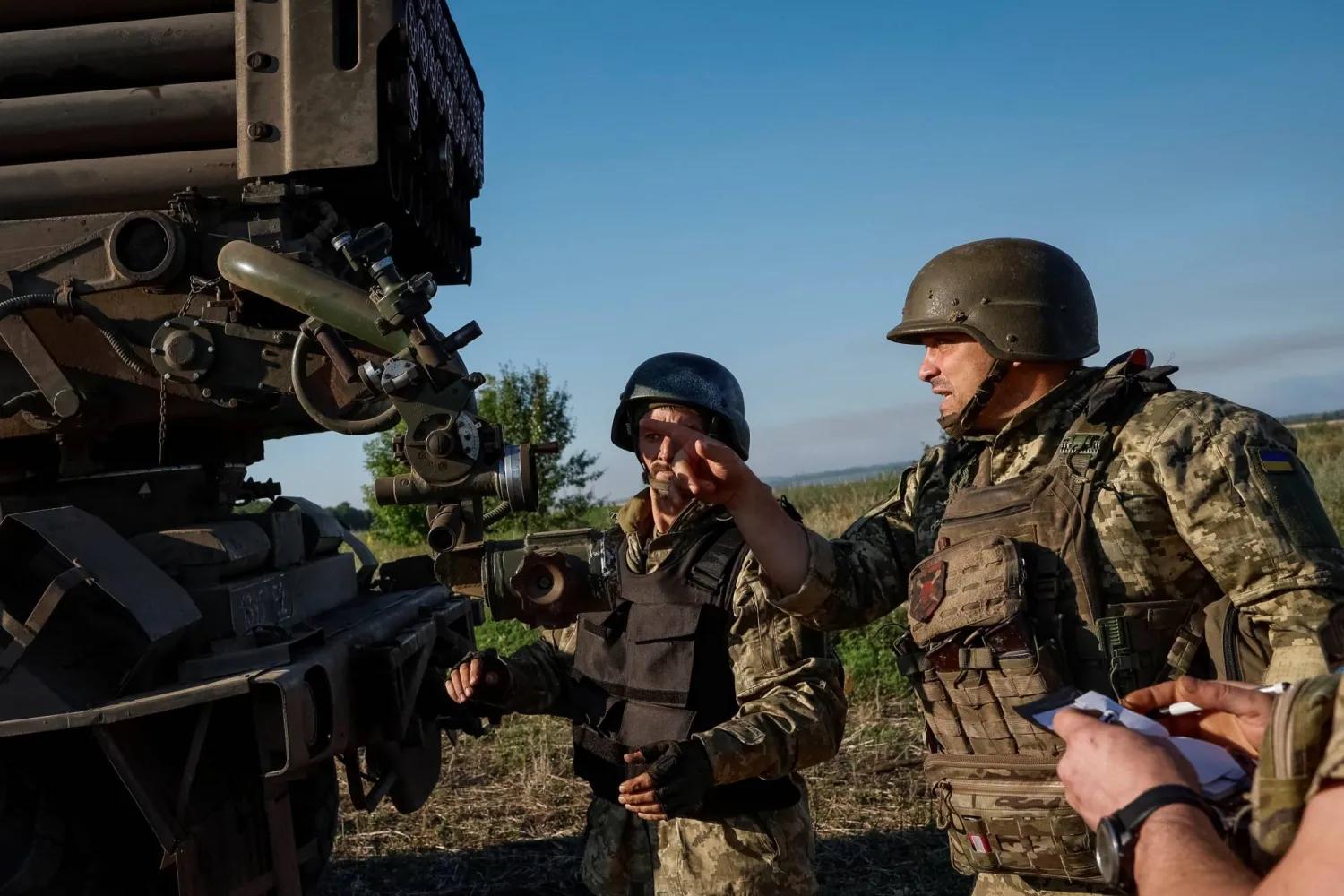The Ukrainian military said on Monday it had repelled Russian attacks near Novooleksandrivka and Spirne in the eastern Donetsk region a day after Russian forces claimed control of the two villages, Reuters reported.
The eastern Pokrovsk front, which includes Novooleksandrivka, remained the site of the fiercest fighting, with 42 assaults repelled out of a total of 142 battles over the past day, the military said.
Russia maintained a military presence across the border from Ukraine's northern Chernihiv and Sumy regions, the military said, adding that Moscow's forces were increasing the density of minefields in the area and also conducting sabotage activities.
That section of the border has been closely followed for any sign that Russia plans to open a new front there to pressure Ukraine's outnumbered defenders.
Russia launched an assault into the border areas of the northeastern region of Kharkiv in May, opening a new front in a 28-month full-scale invasion.
Its forces continued assaults there on Monday, attacking near Vovchansk and Lyptsi, the military said.
Ukraine Says it Repelled Attacks Near Villages Claimed by Russia

Ukrainian service members of the 110th Colonel-General Marko Bezruchko Separate Mechanized Brigade prepare to fire an RM-70 Vampire multiple launch rocket system towards Russian troops, amid Russia's attack on Ukraine, at a position near a front line in Donetsk region, Ukraine June 30, 2024. REUTERS/Alina Smutko

Ukraine Says it Repelled Attacks Near Villages Claimed by Russia

Ukrainian service members of the 110th Colonel-General Marko Bezruchko Separate Mechanized Brigade prepare to fire an RM-70 Vampire multiple launch rocket system towards Russian troops, amid Russia's attack on Ukraine, at a position near a front line in Donetsk region, Ukraine June 30, 2024. REUTERS/Alina Smutko
لم تشترك بعد
انشئ حساباً خاصاً بك لتحصل على أخبار مخصصة لك ولتتمتع بخاصية حفظ المقالات وتتلقى نشراتنا البريدية المتنوعة







